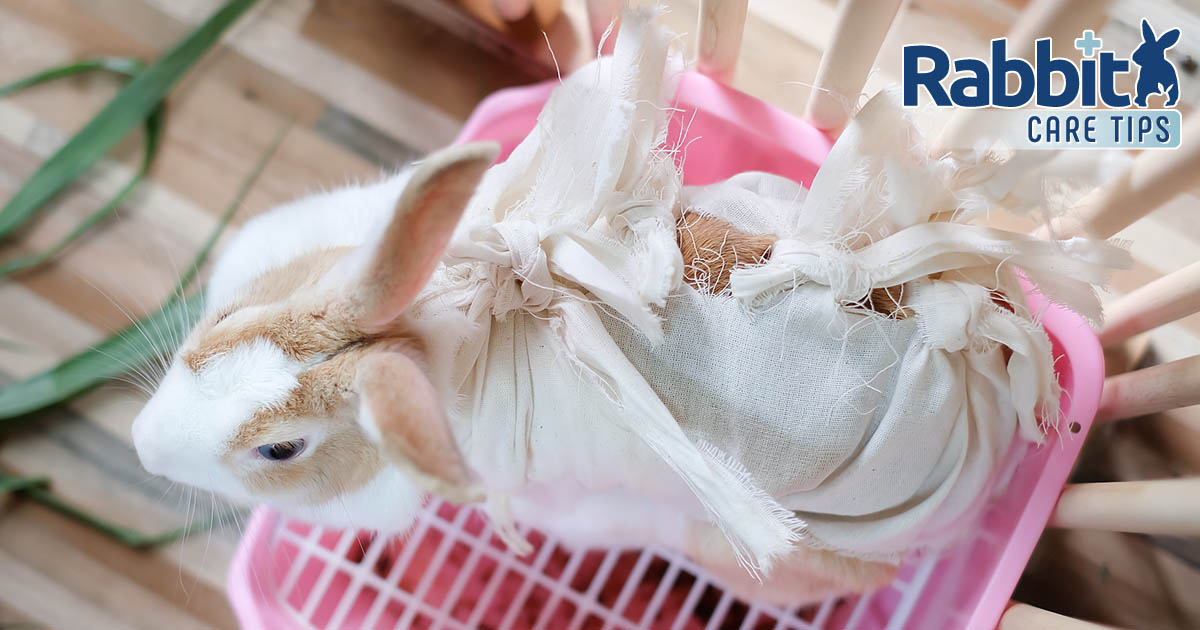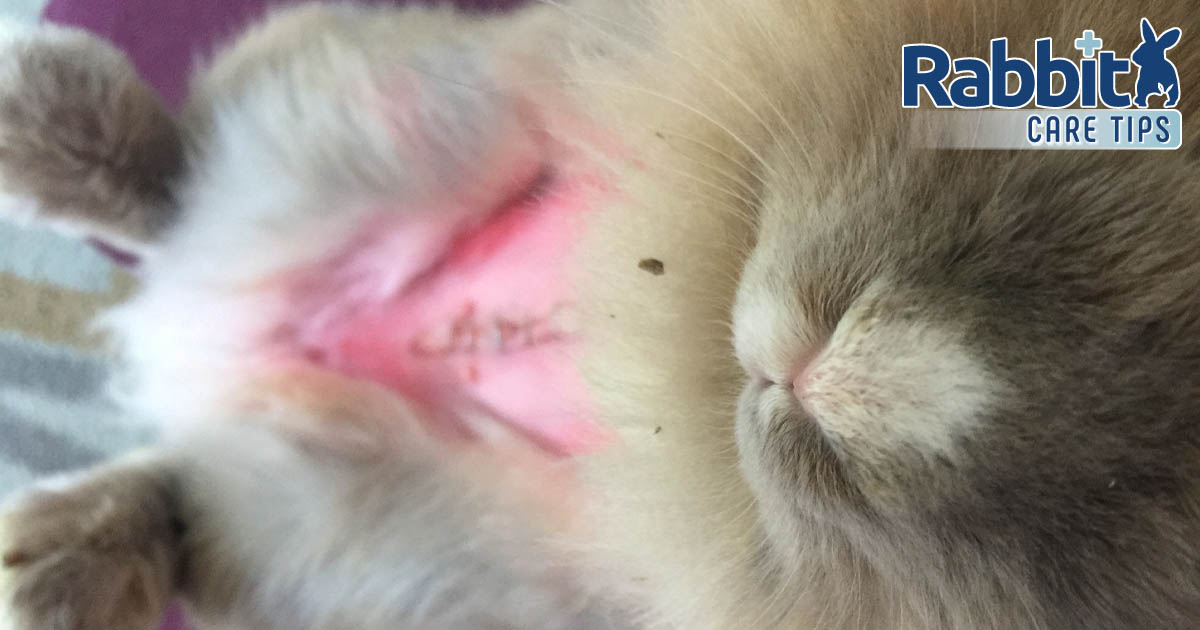Responsible pet owners all know the importance of having their rabbits fixed so that they do not end up accidentally having babies. There are also important health reasons for spaying/neutering, so even if you do not have mixed-sex rabbits, it is crucial to budget for this operation when you consider the costs of getting a rabbit.
The price of getting your rabbit spayed or neutered can vary massively depending on your area and the individual vet in question, but it will usually be a couple of hundred dollars. Some vets will charge less, but a good average to budget for is $250. Consider calling around various vets to ask about their fees.
How Much Does Spaying/Neutering Cost?
Rabbits are surprisingly expensive when it comes to veterinary care, and you might be unpleasantly taken aback by the price of having your bunny fixed. Costs vary a lot from practice to practice, but around $250 is considered fairly normal.
You are likely to find that it is cheaper to get a buck neutered than a doe spayed. This is because the operation is more complex for does, and therefore it requires more training and more work.
If you are working on a tight budget, always get costs from your vets in advance, and have some extra money set aside in case of complications.
Neutering your rabbit involves them being given a general anesthetic, which is partly why prices are so high. Your rabbit will be with the vet for the whole day, so there are quite a few costs associated with this operation.
Do I Have to Get My Rabbit Spayed/Neutered?
Unless you plan to breed your rabbit, it is important to get it neutered. This is true even if it lives alone and you have no intention of adopting other rabbits. On the whole, however, rabbits are happier in groups.
Rabbits benefit from being spayed/neutered in many different ways. The most obvious advantage is that you won’t be dealing with unwanted pregnancies, which could happen even if you separate the sexes. In the event of an escape, baby bunnies may occur.
However, there are other significant reasons to get your rabbit fixed.
The first is that it drastically reduces the risk of cancer for female rabbits. Over seventy percent of unspayed females suffer from uterine cancers, which is a really big reason to get your rabbit spayed as soon as it is old enough.
Secondly, being spayed or neutered improves your rabbit’s relationship with other rabbits. It reduces aggression and territorial behavior, especially among males. It makes them more relaxed and able to enjoy more social relationships.
Even if your rabbits have plenty of space, this is good for them because it makes life less stressful. It can reduce fighting and the risk of injuries.
It will also give you more flexibility in housing your bunnies because you won’t have to worry about aggression and pregnancy. You can put male and female rabbits in the same pen without concern, and you are more likely to be able to house same-sex pairs together without fights breaking out.
You can see, therefore, that getting your rabbit spayed or neutered protects the rabbit, makes it more relaxed, and prevents unwanted pregnancies.

What Sort of Vet Should I Go To?
Although spaying and neutering are extremely common operations and, therefore, most vets will be capable, it’s a good idea to spend some time researching the vets in your area. Find one that specifically deals with rabbits and has plenty of experience.
This increases the chances of a successful operation and ensures that the vet will know exactly how to handle your rabbit. You should ask friends and family for recommendations and check out reviews online.
It is also important to have a consultation with the vet in advance of neutering your rabbit so that they can check it for any potential health complications and discuss the process with you. If you have any misgivings about the vet during this consultation, book with a different practice.
What Happens After Spaying/Neutering?
Your bunny will probably take a few days to recover from the operation, and it will need a calm environment during this time. Bucks recover more quickly than does on the whole because the operation is less invasive.
Your vet should give you instructions on how to care for your rabbit and ensure that it has everything it needs. You may be given pain medication and antibiotics in some cases, so make sure you know how to administer these.
It’s a good idea to have a contact number for an emergency vet and to be at home as much as possible in the days after your rabbit has been neutered, so you can take prompt action if any complications arise. This is unlikely, but as with any operation, there are some risks.
Are There Any Other Costs?
You should ask your vet for a full breakdown of the costs before you book the operation. There may be extras, such as pain medication, or these may be included in the price. Be aware that any complications could result in a larger bill.
It is a good idea to have extra funds set aside just in case something goes wrong. Rabbit care can be expensive, and you don’t want to find yourself in a difficult situation with your new pet.
When Should I Spay/Neuter My Rabbit?
In general, it’s best to organize this operation when your rabbit is young; it will recover more quickly, and there is less time for health issues to develop.
Recommendations may vary slightly, so talk to your vet. However, most male rabbits can be neutered at around four months old, and females can be spayed at around five months old.
It is important to keep mixed-sex rabbits separate until they have been fixed, as some rabbits can breed at as young as four months.

